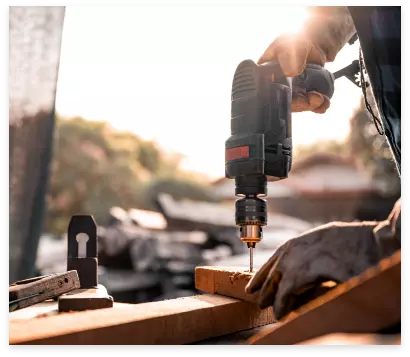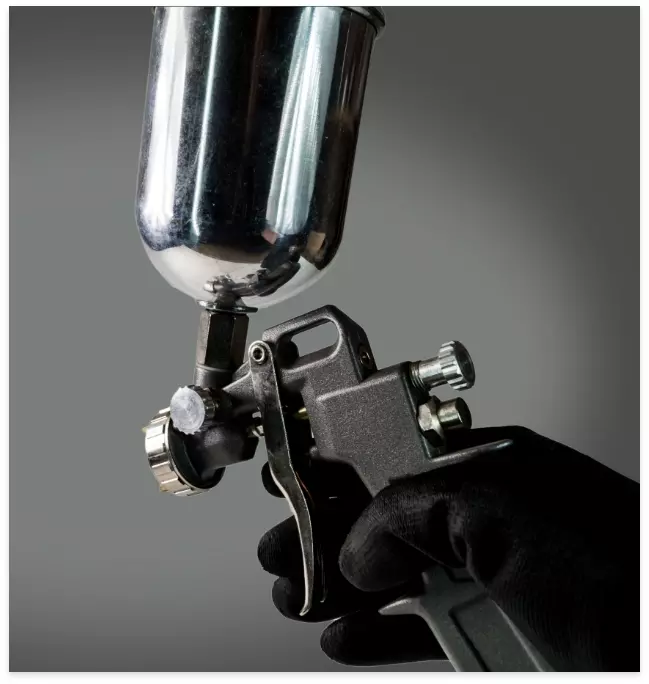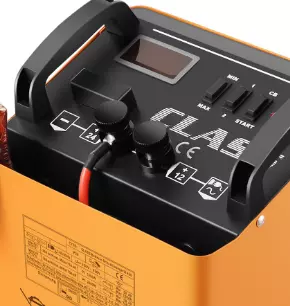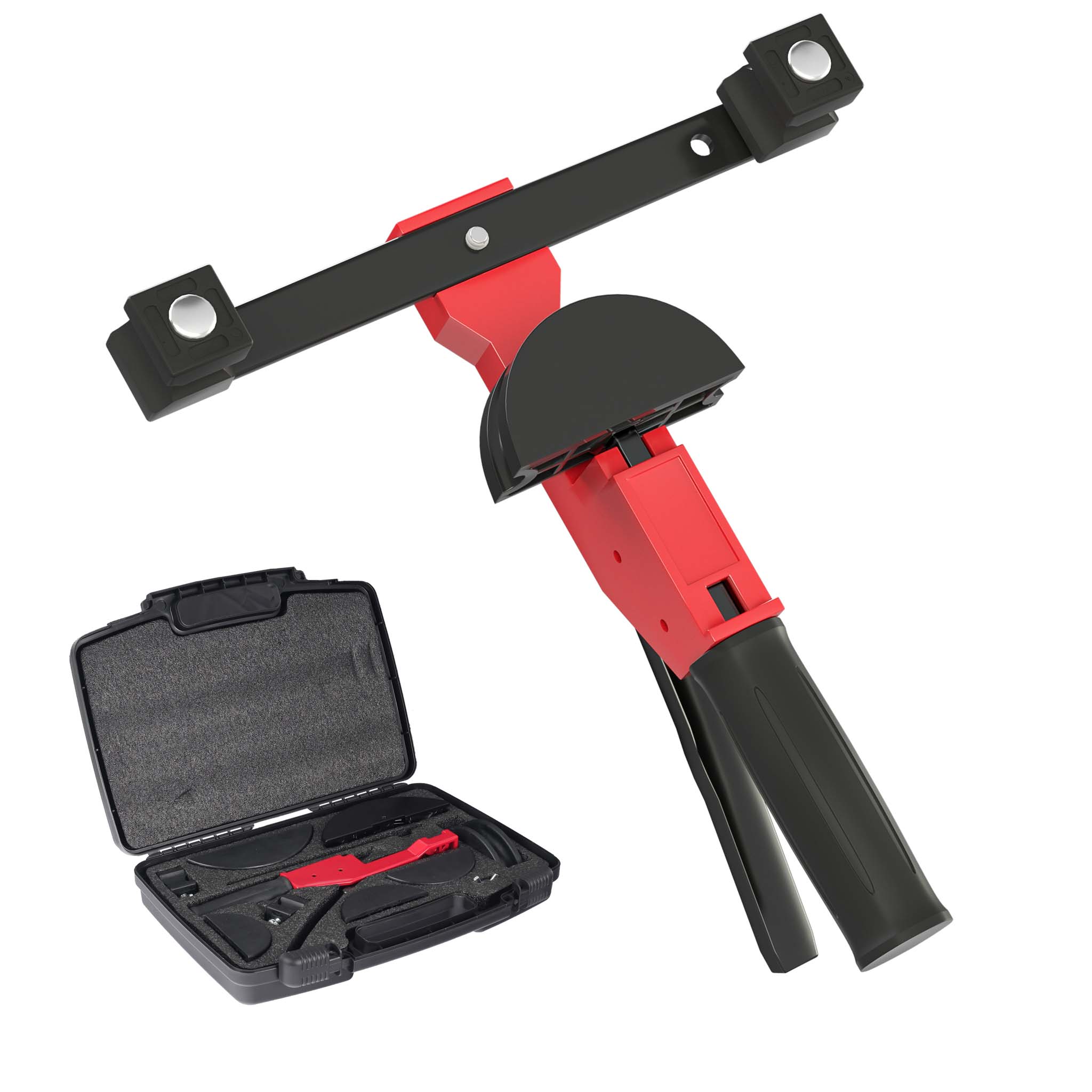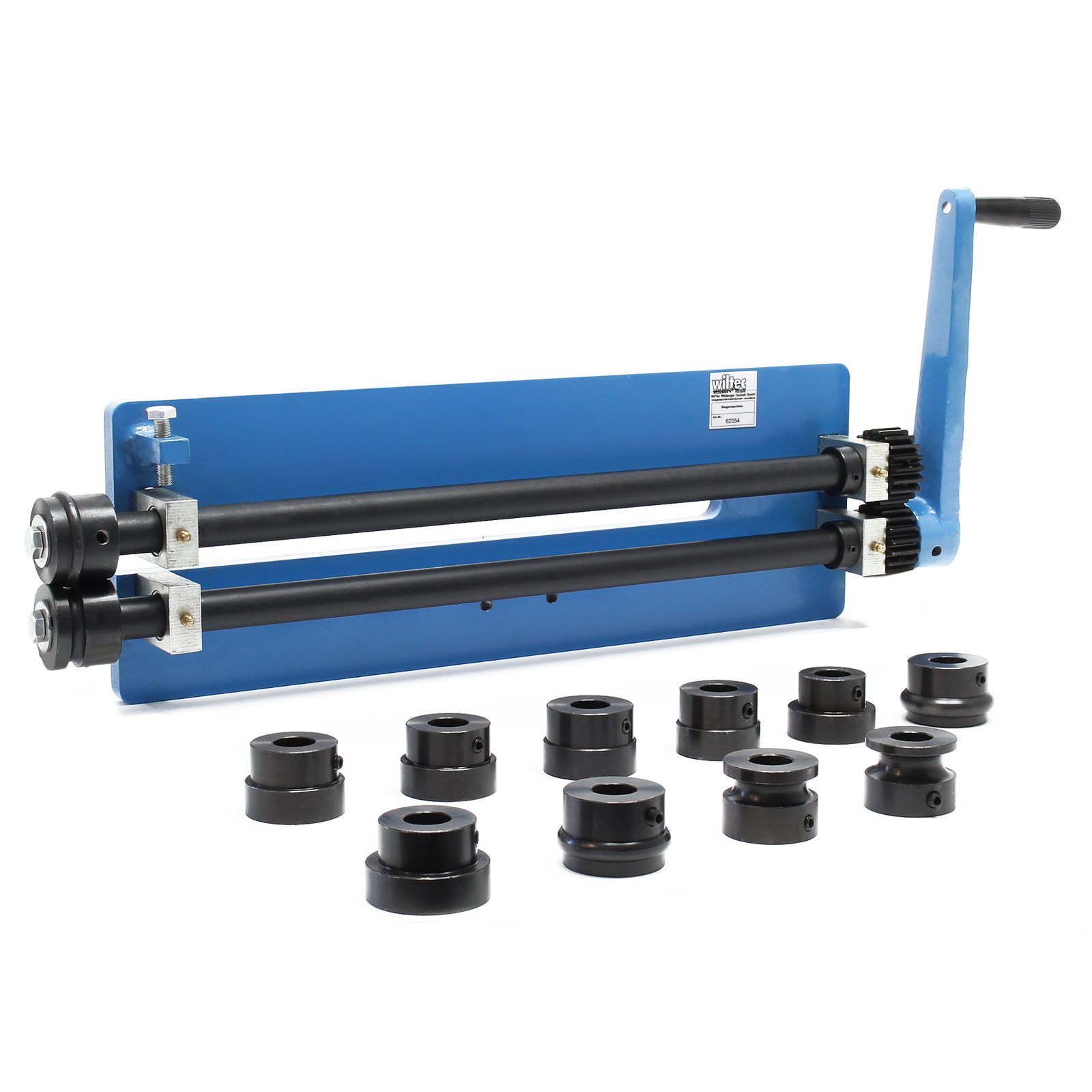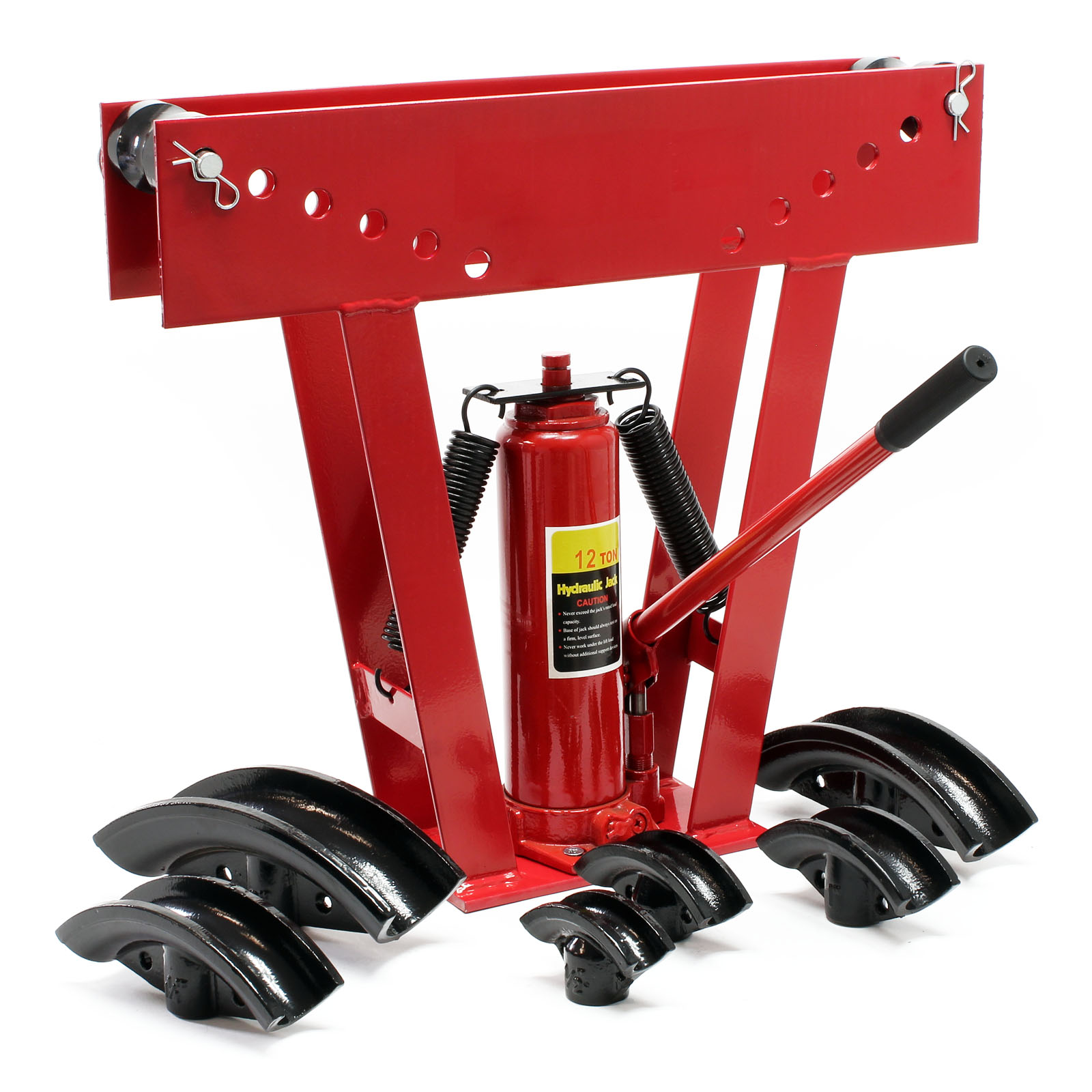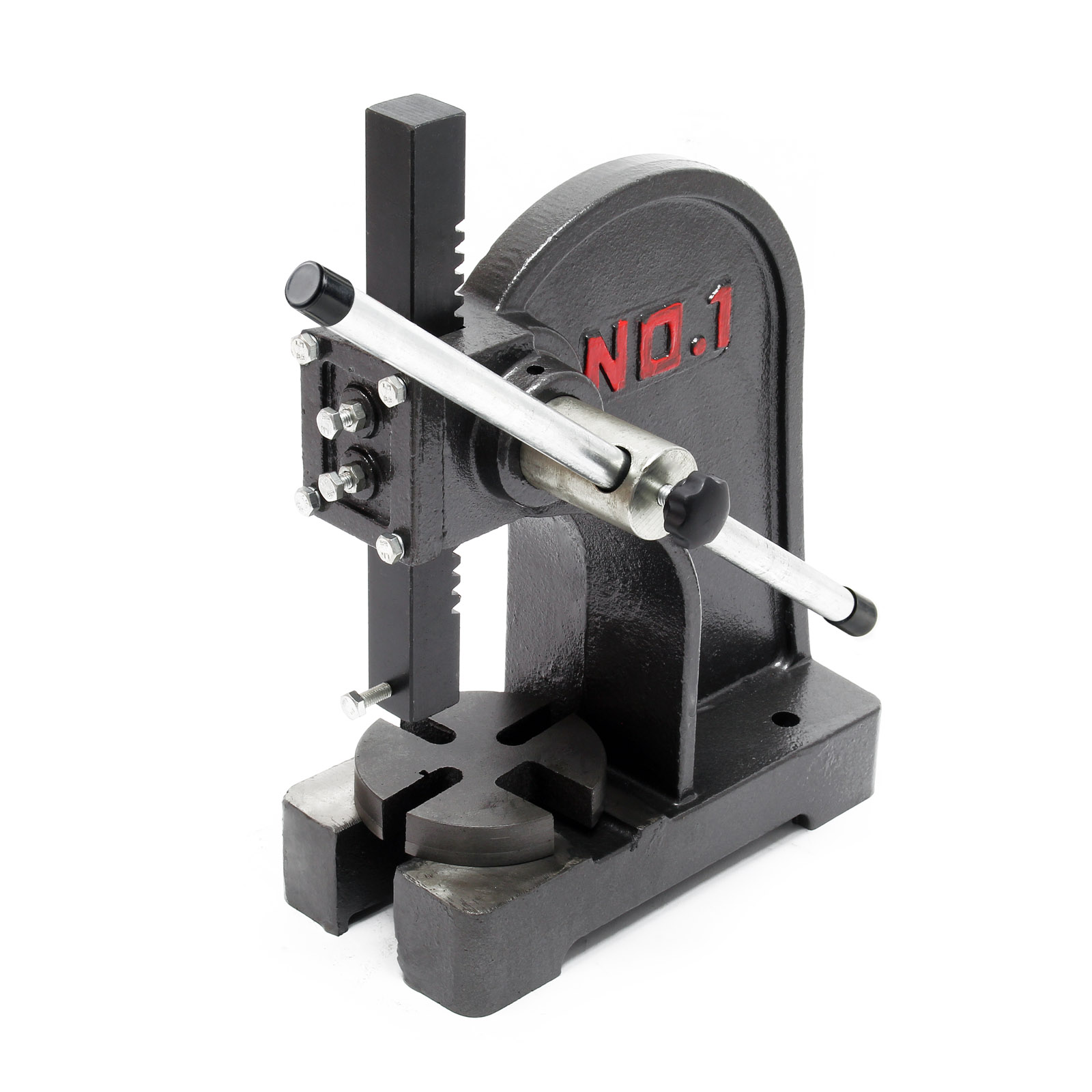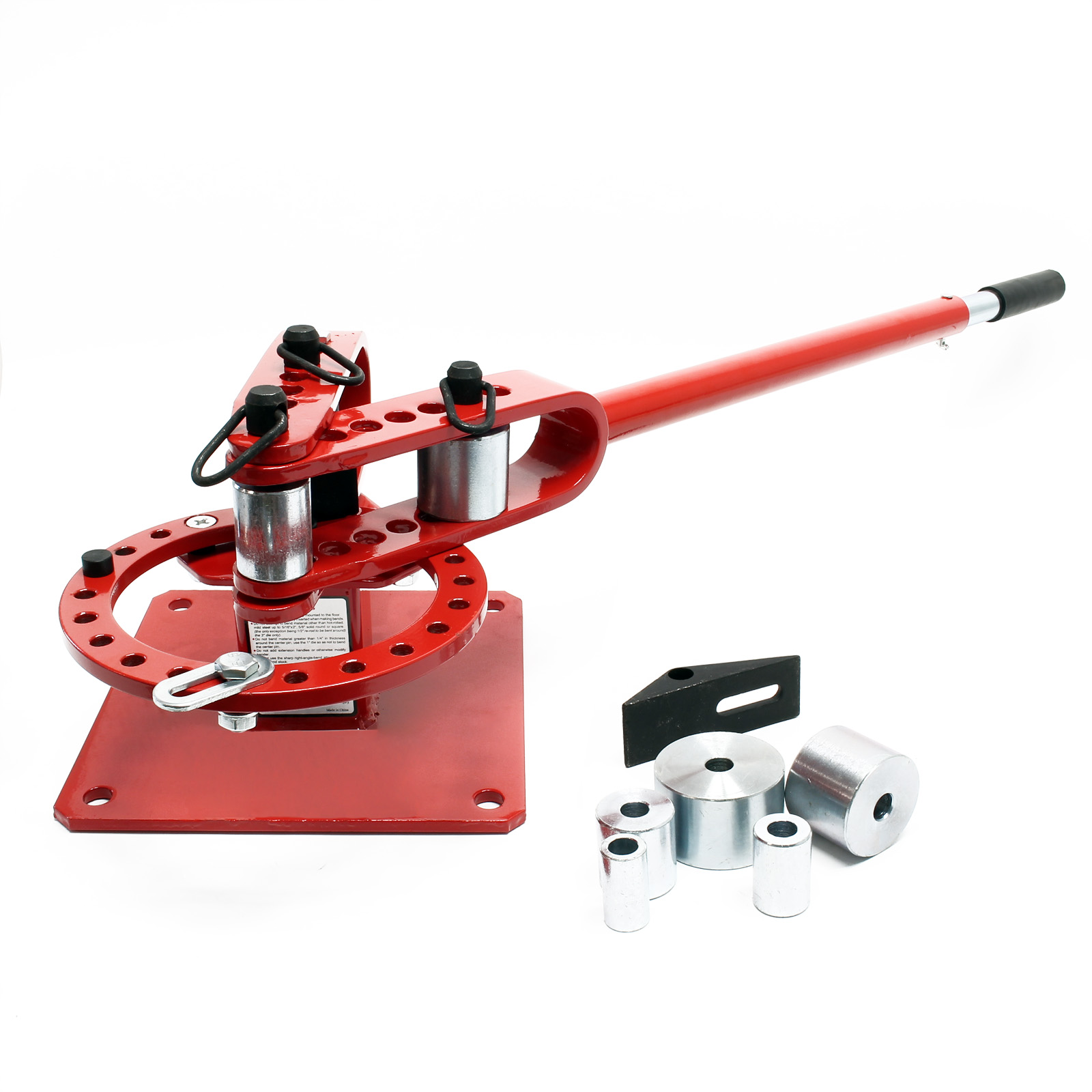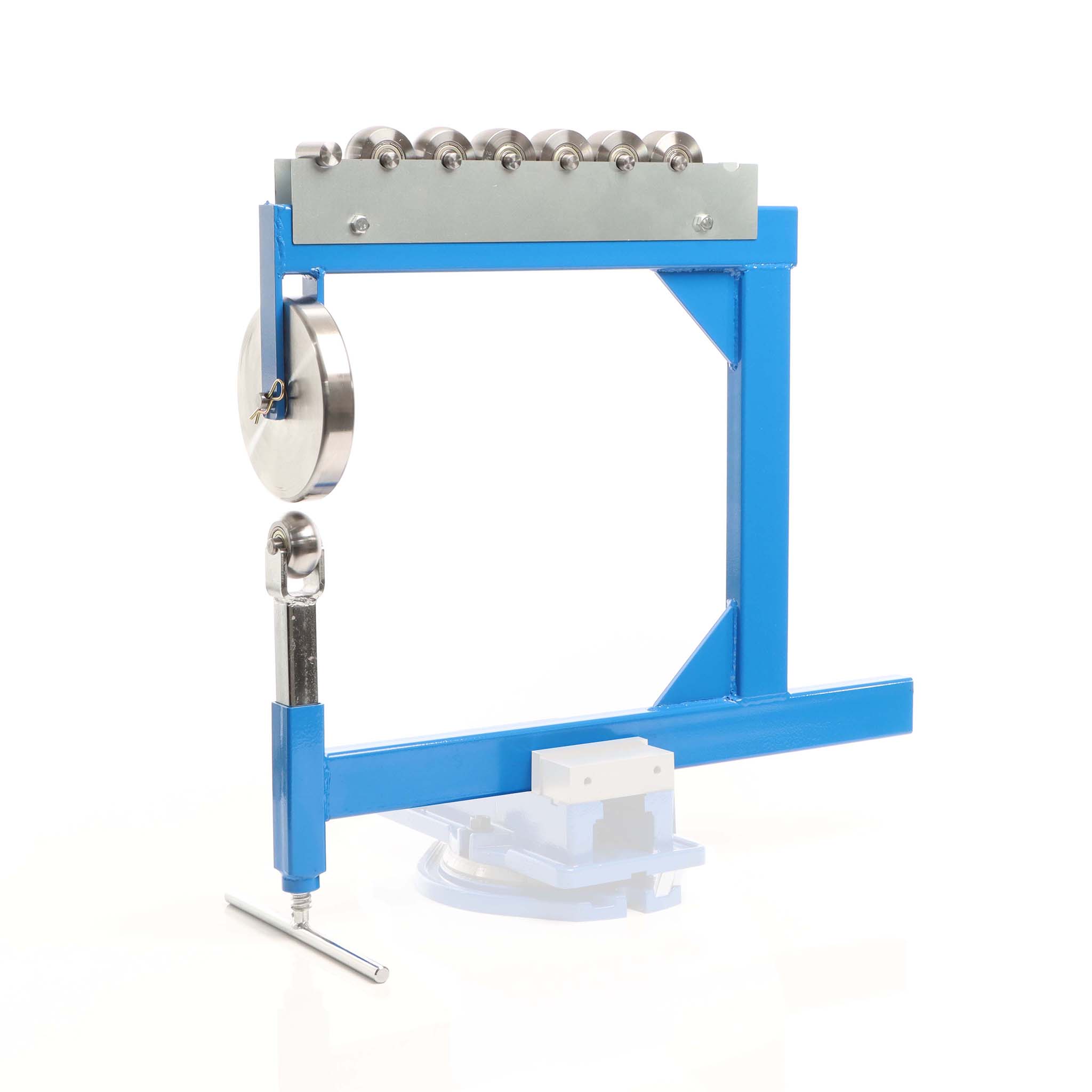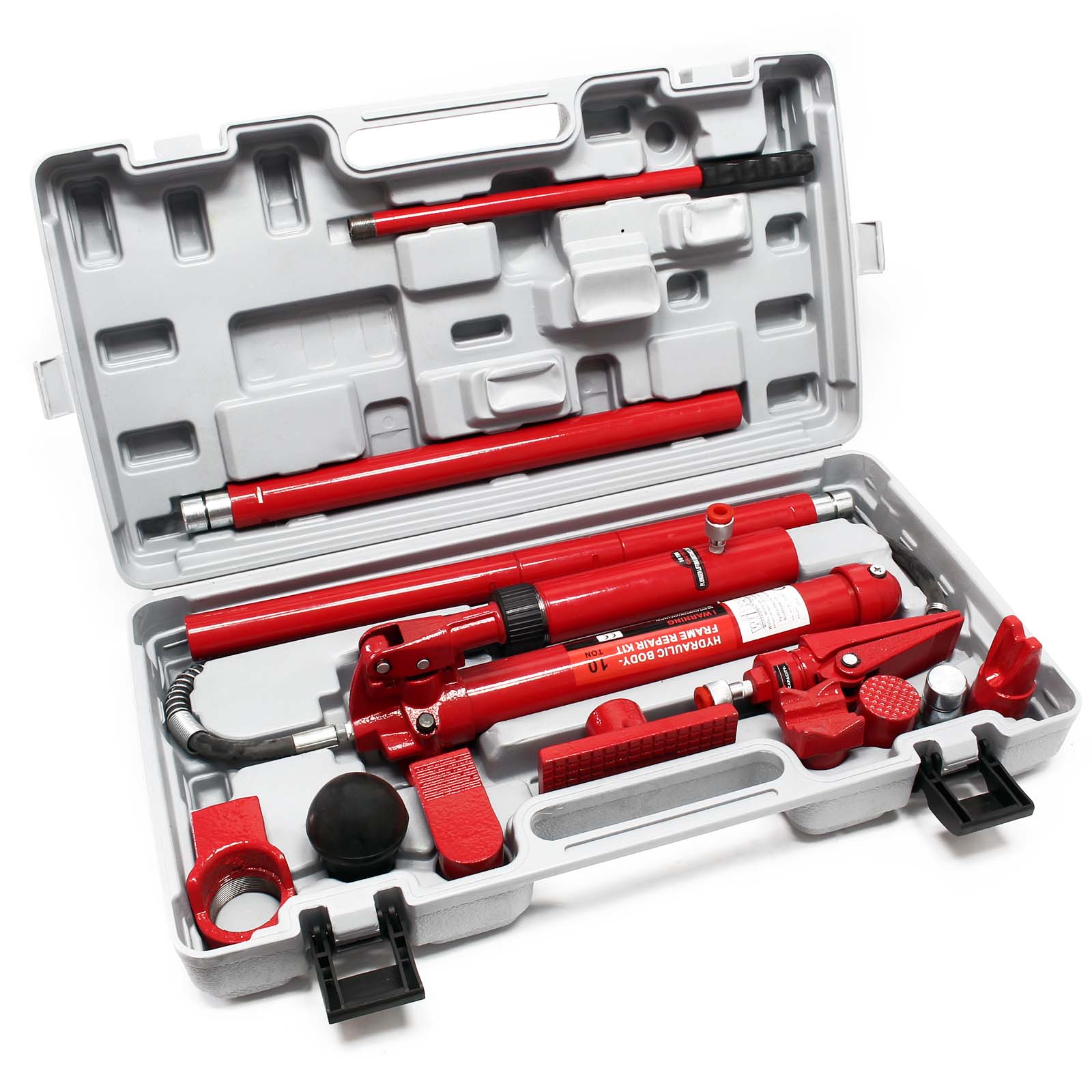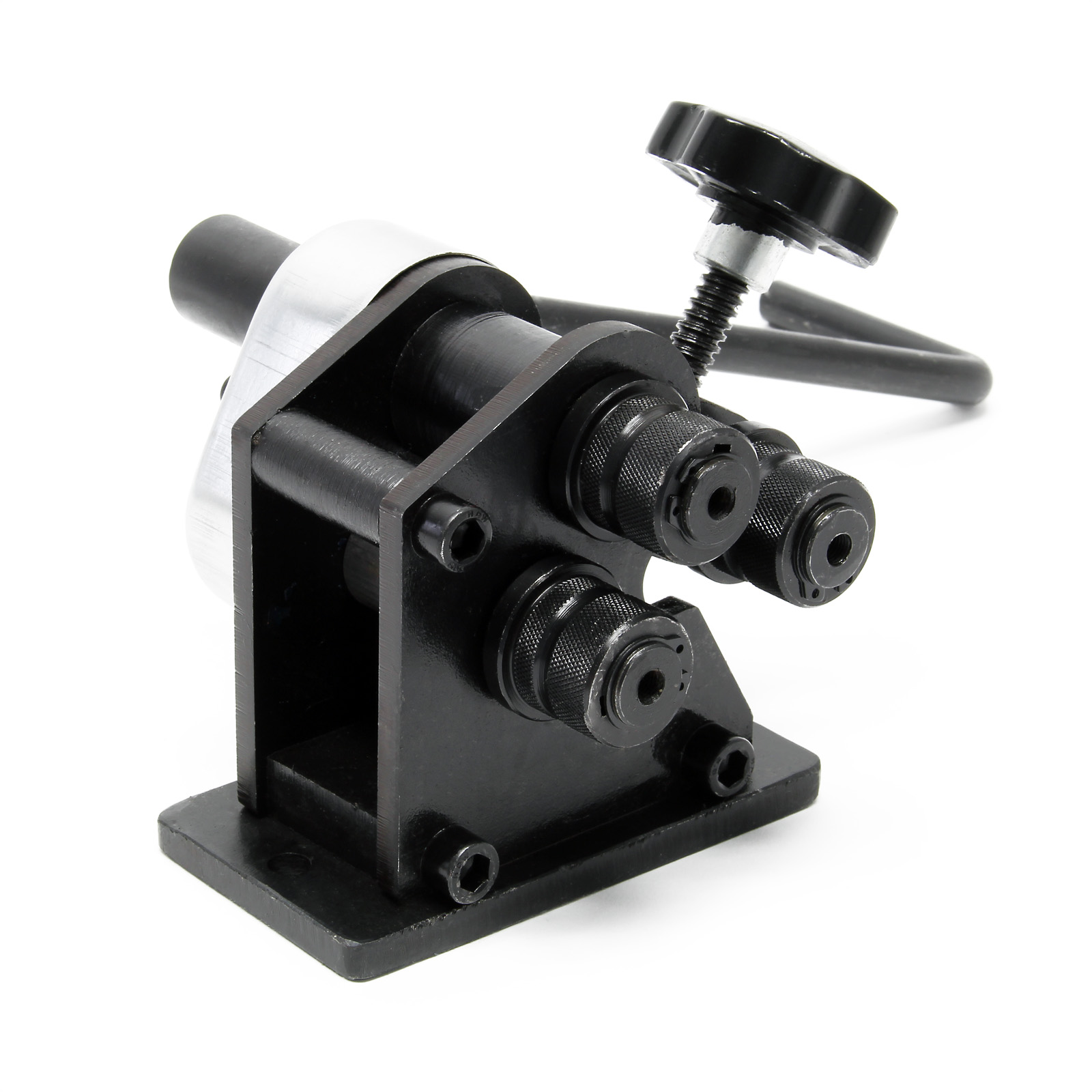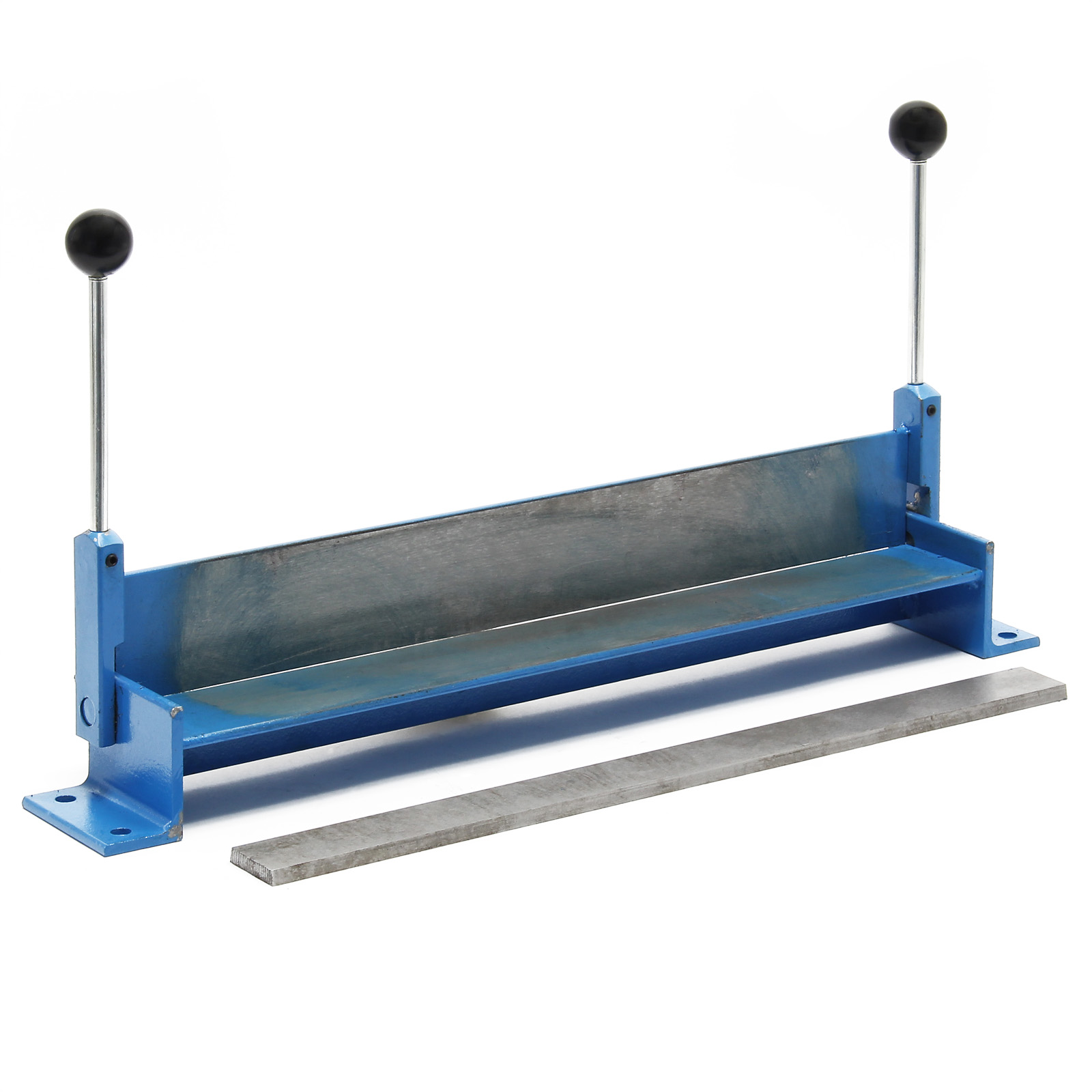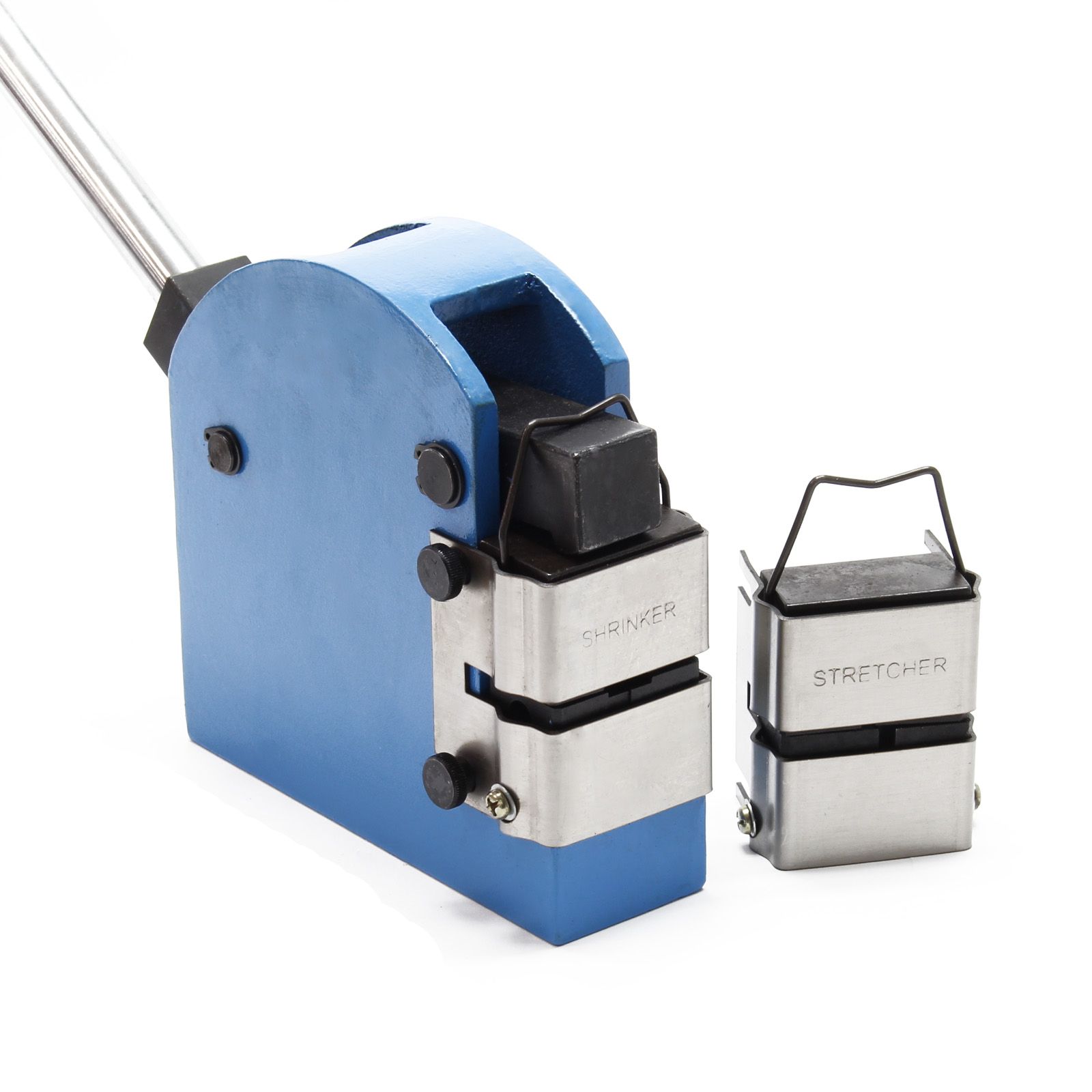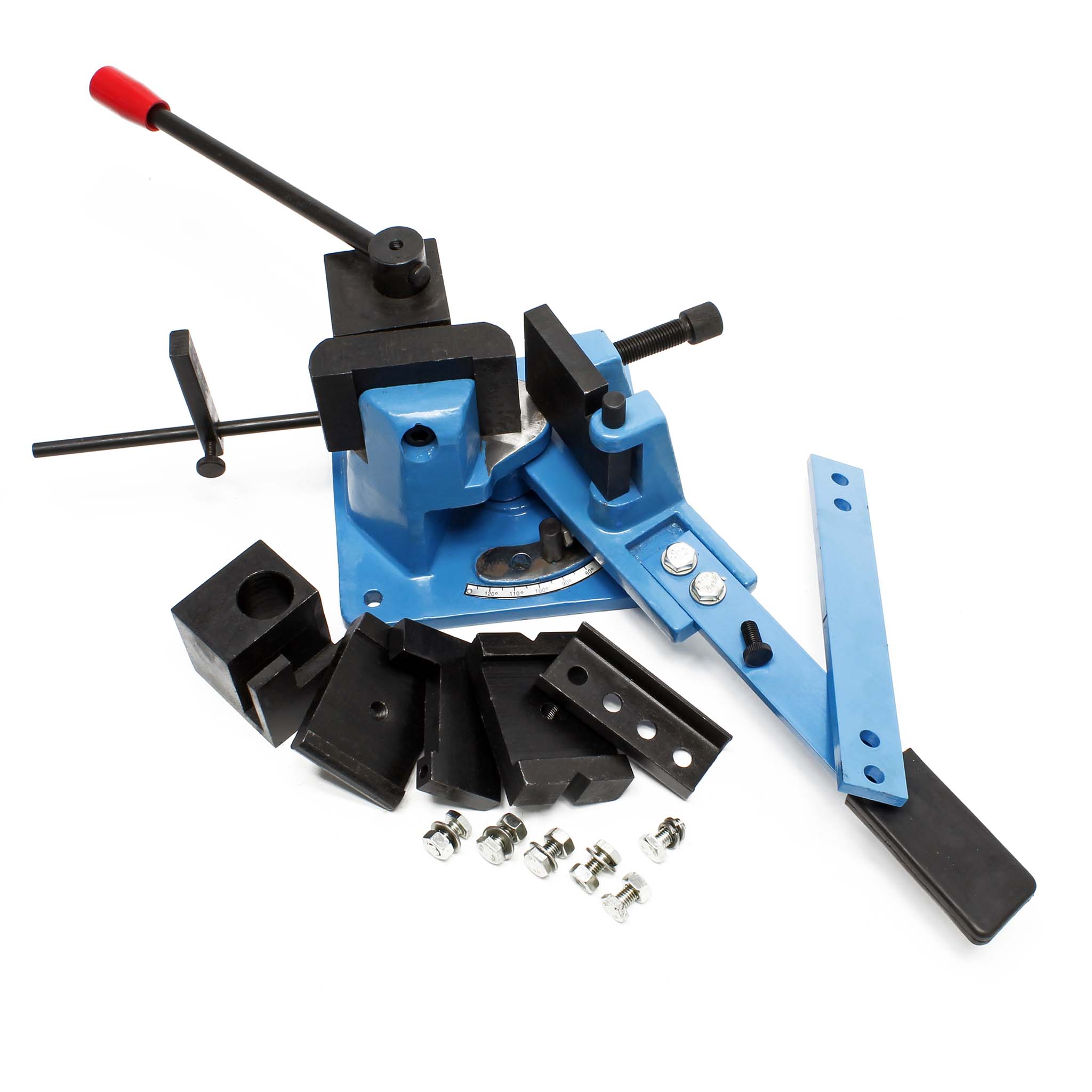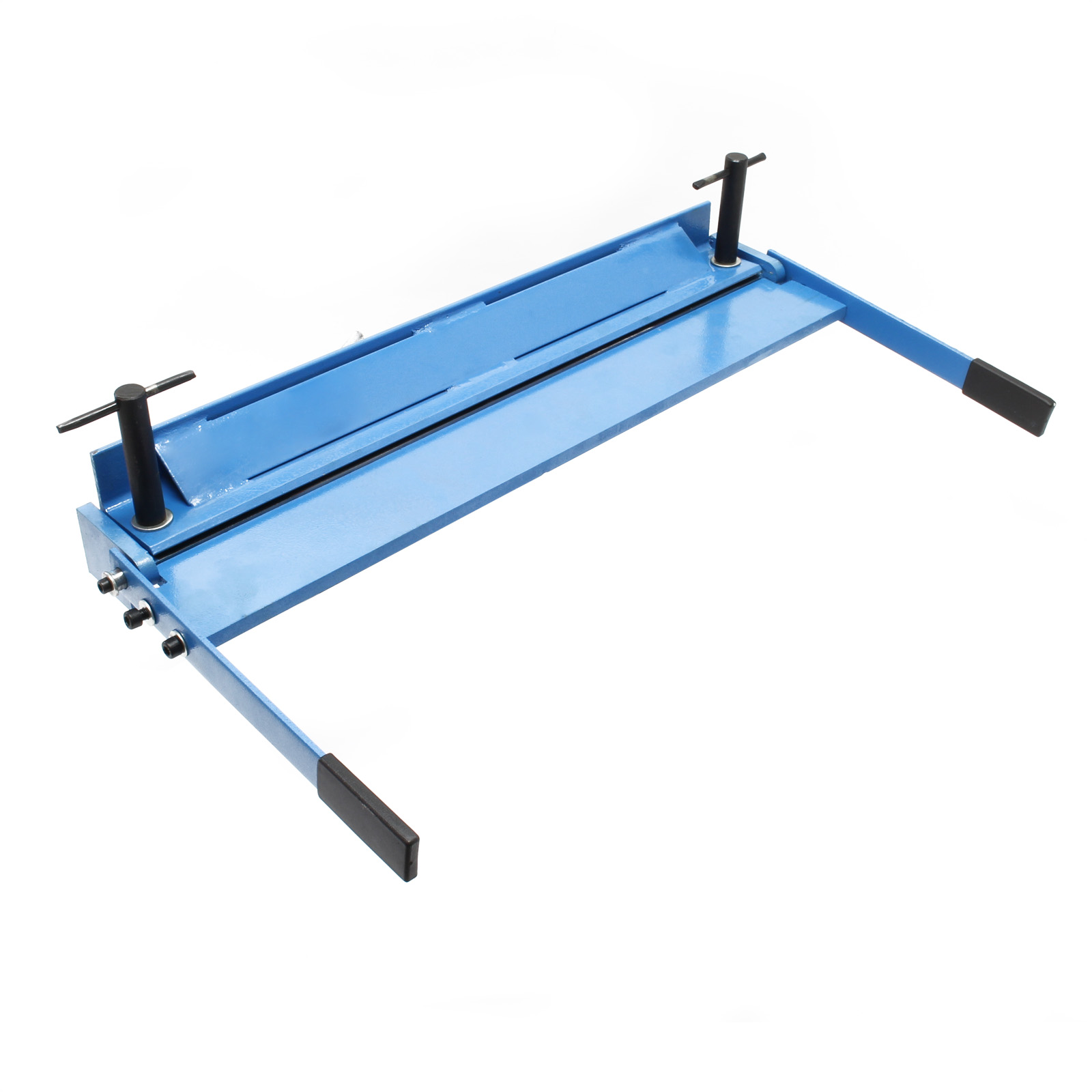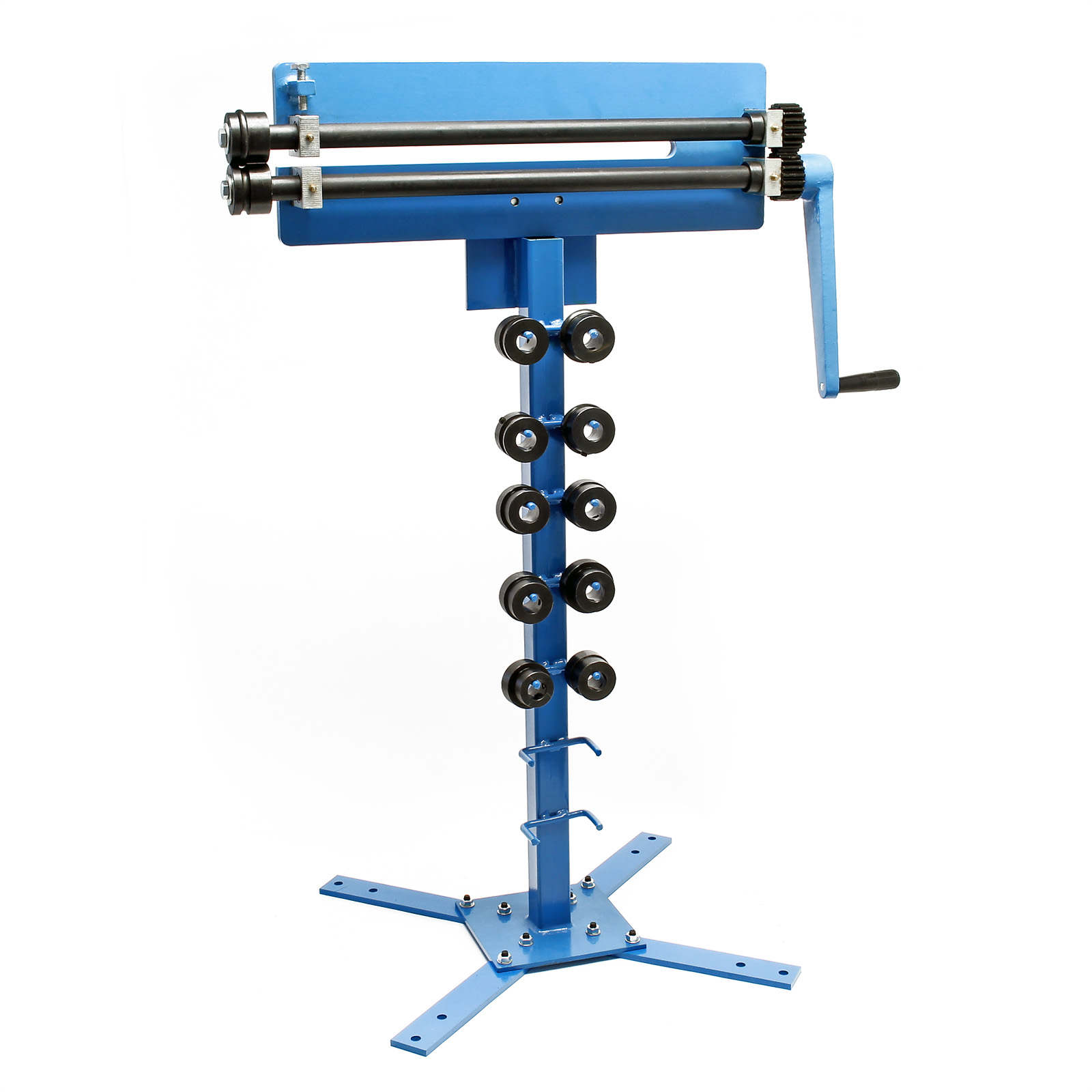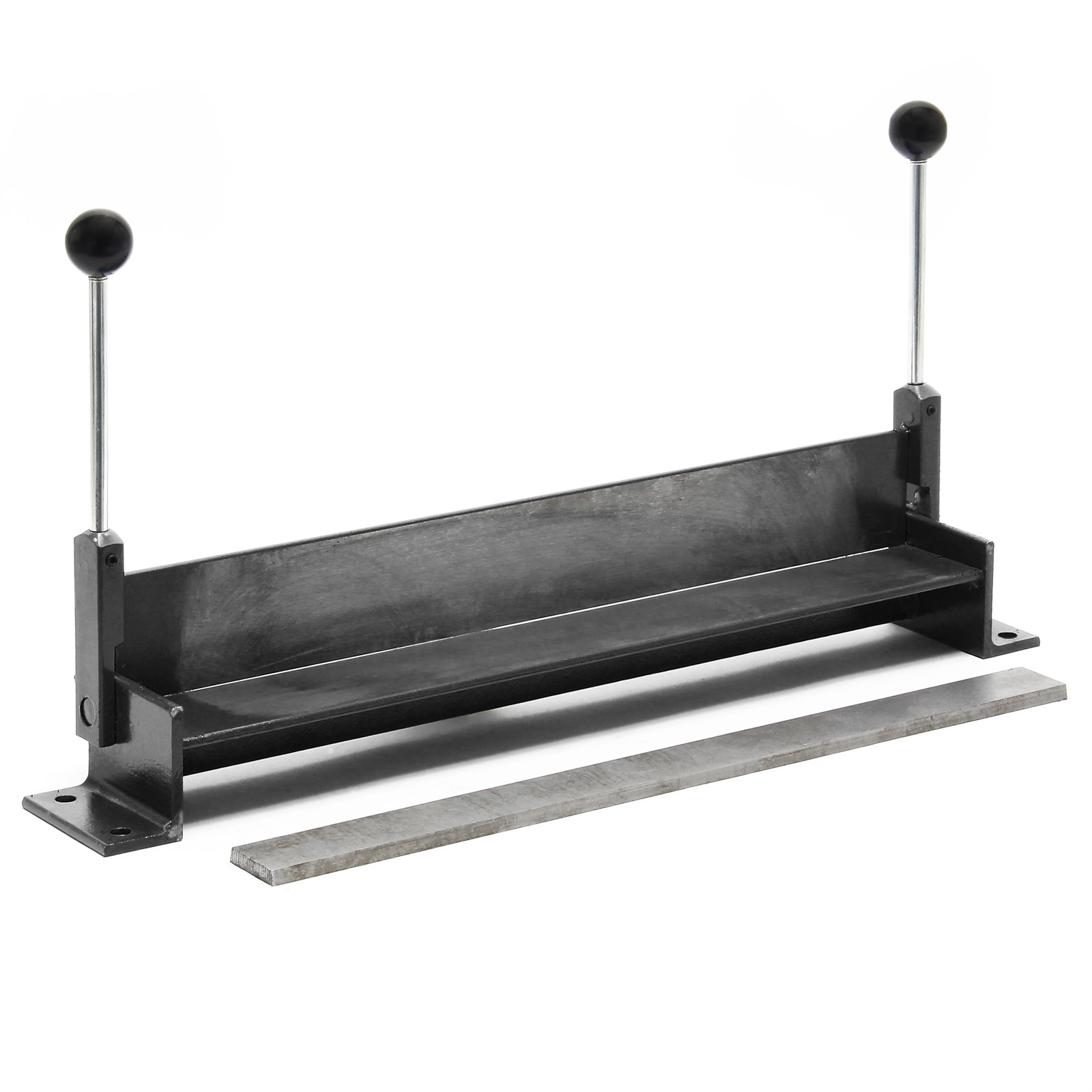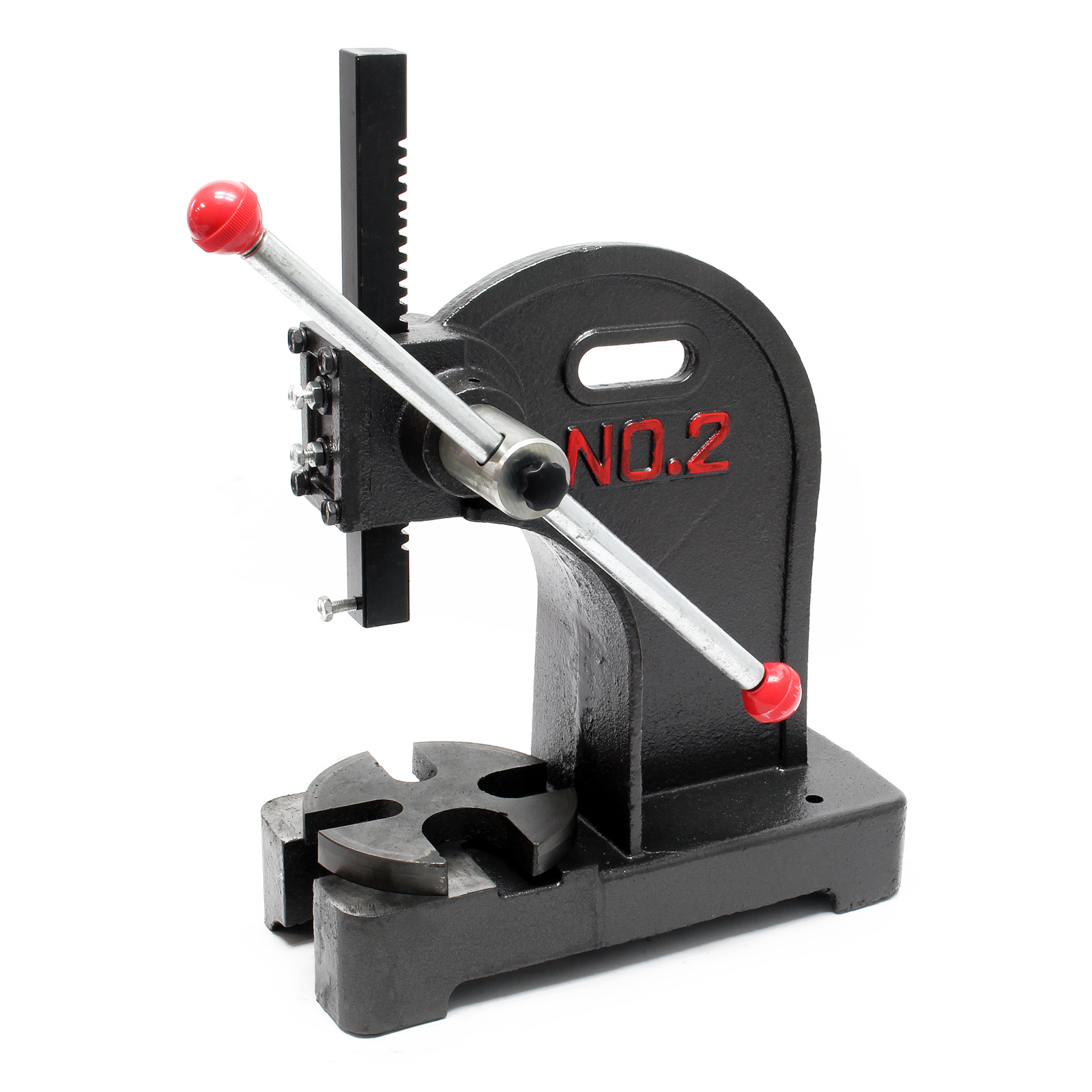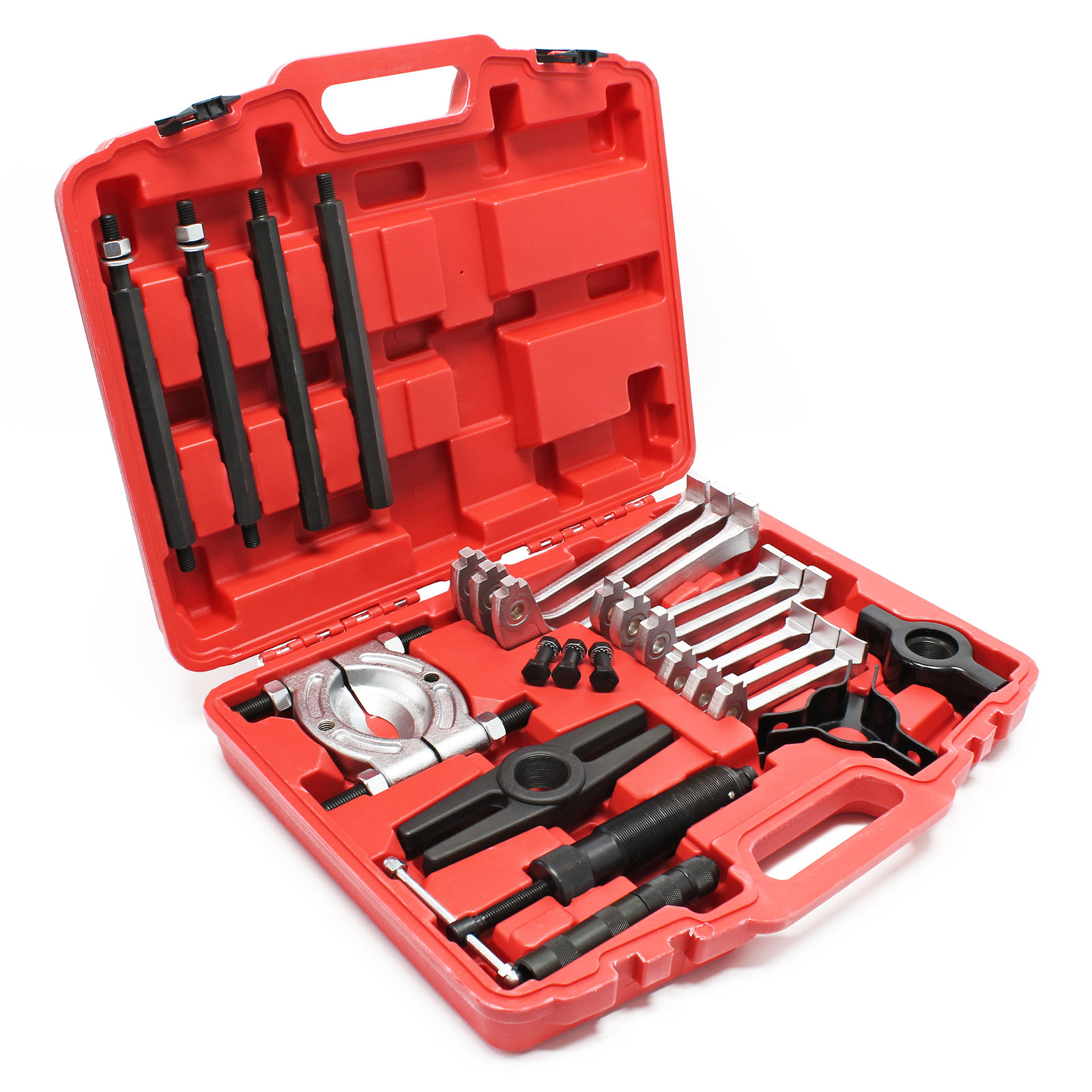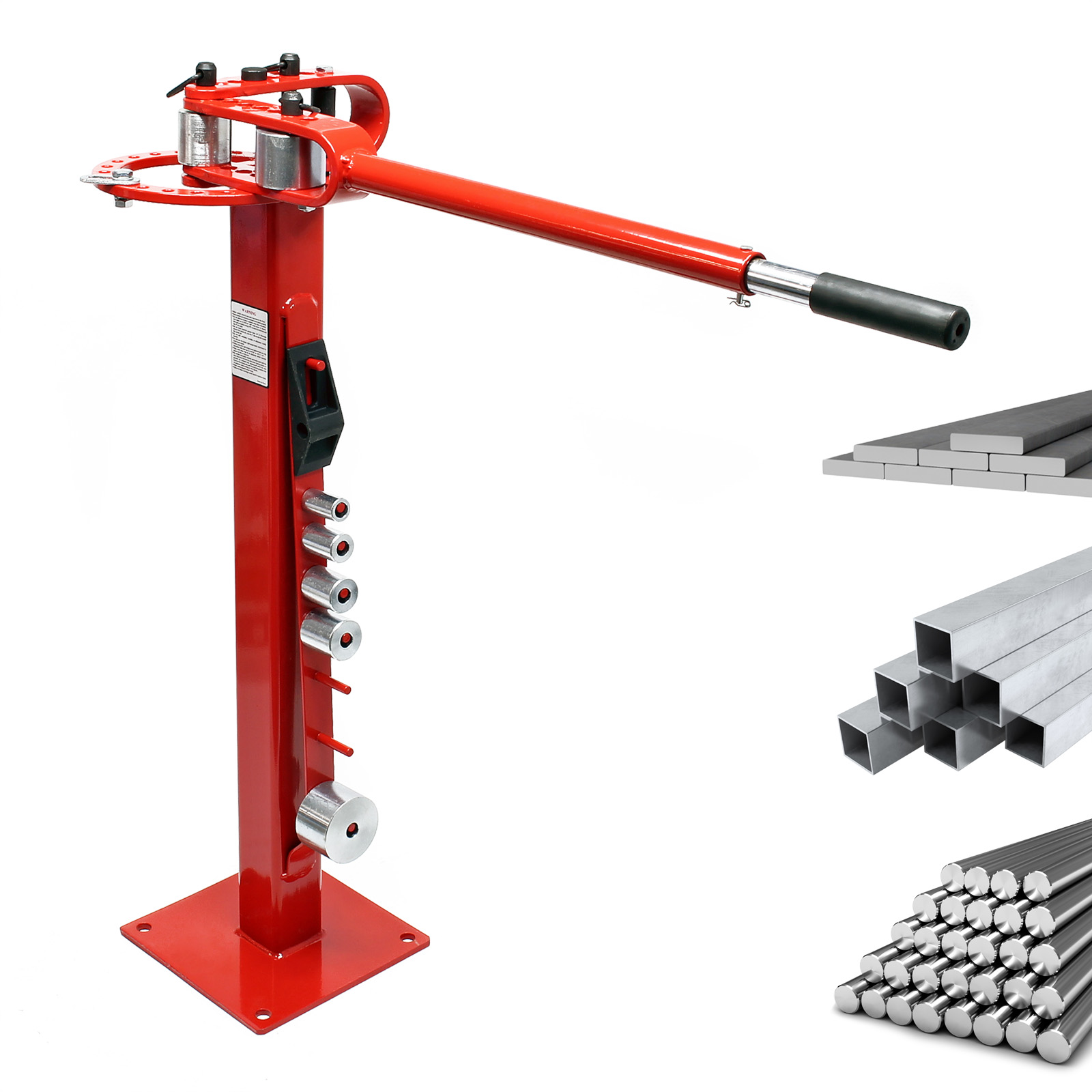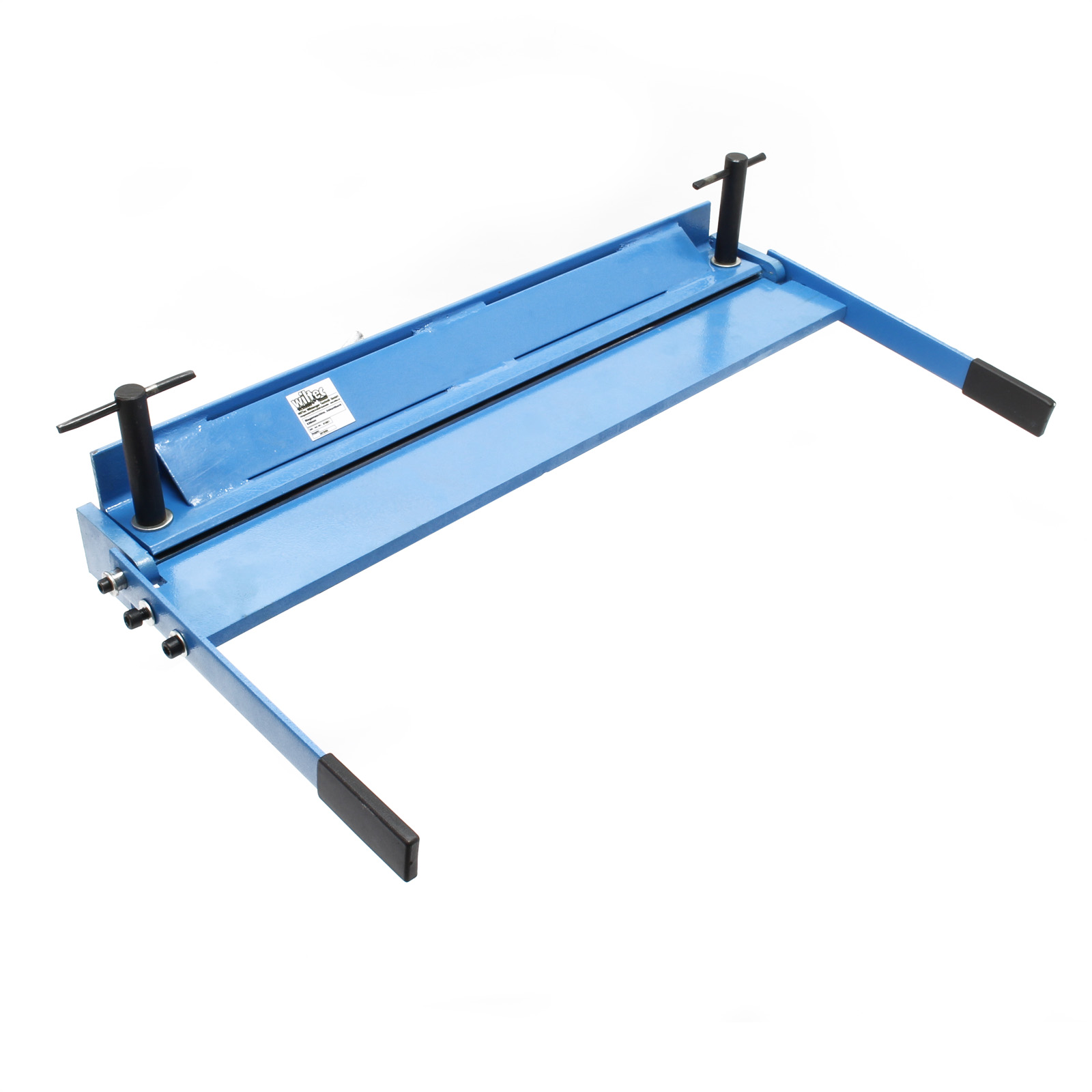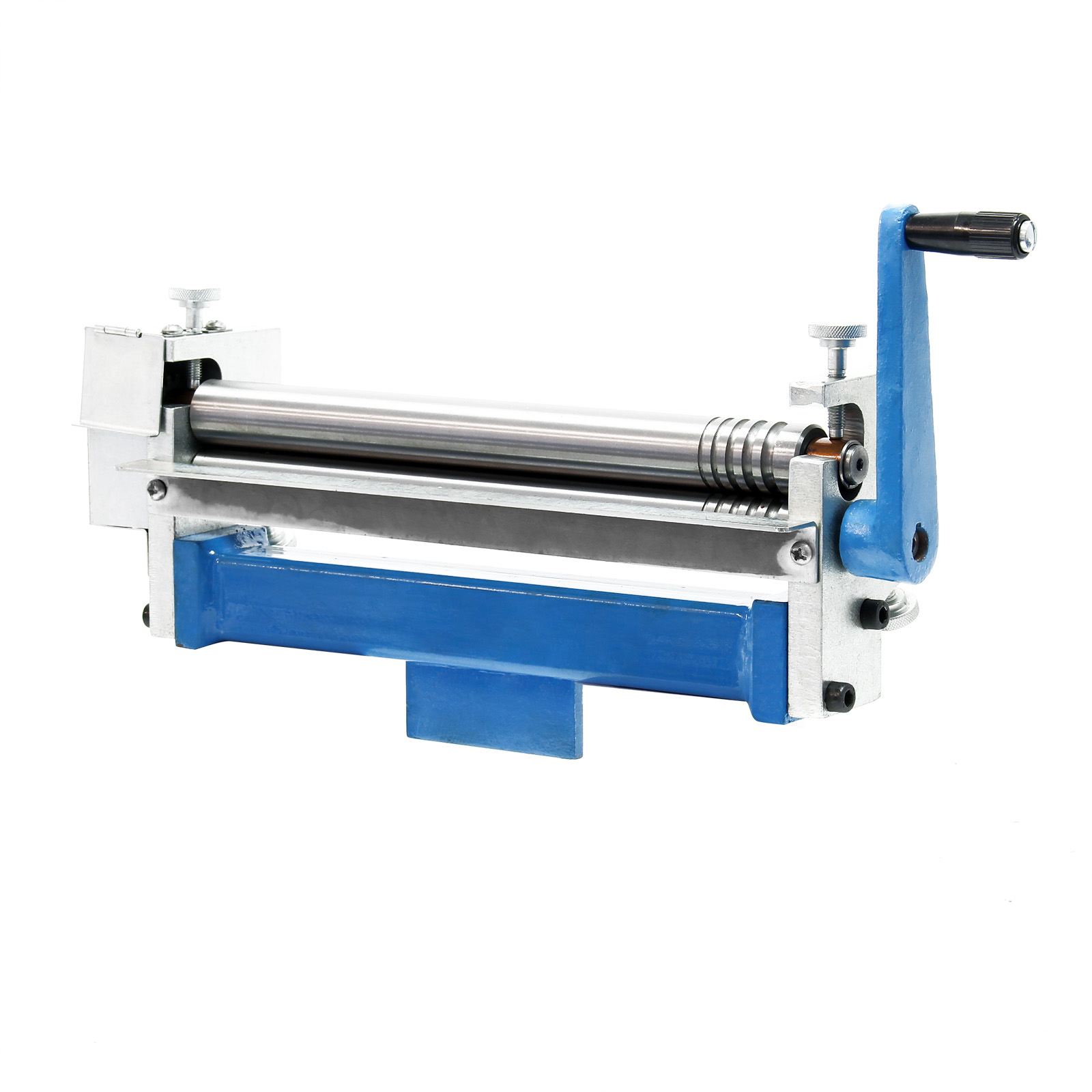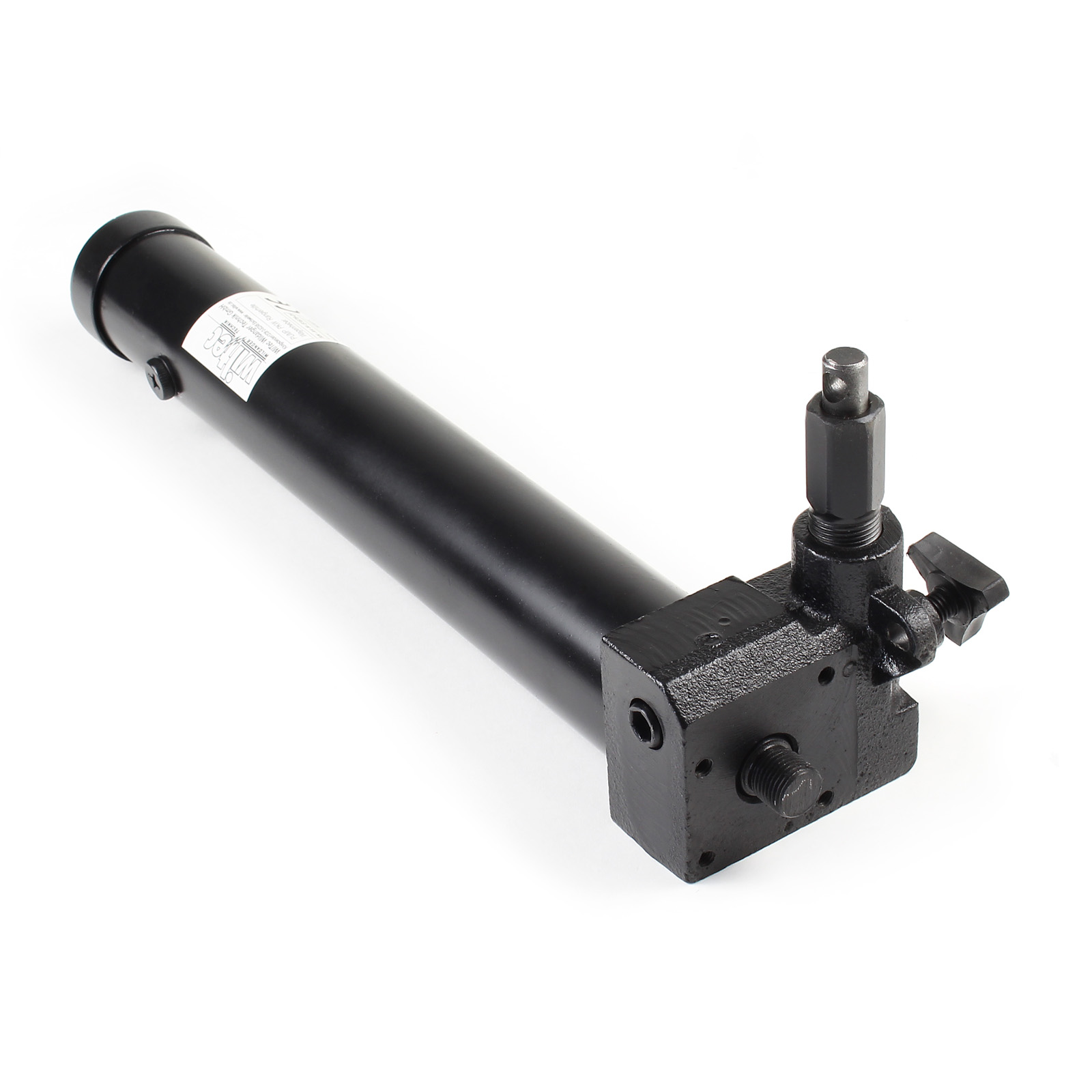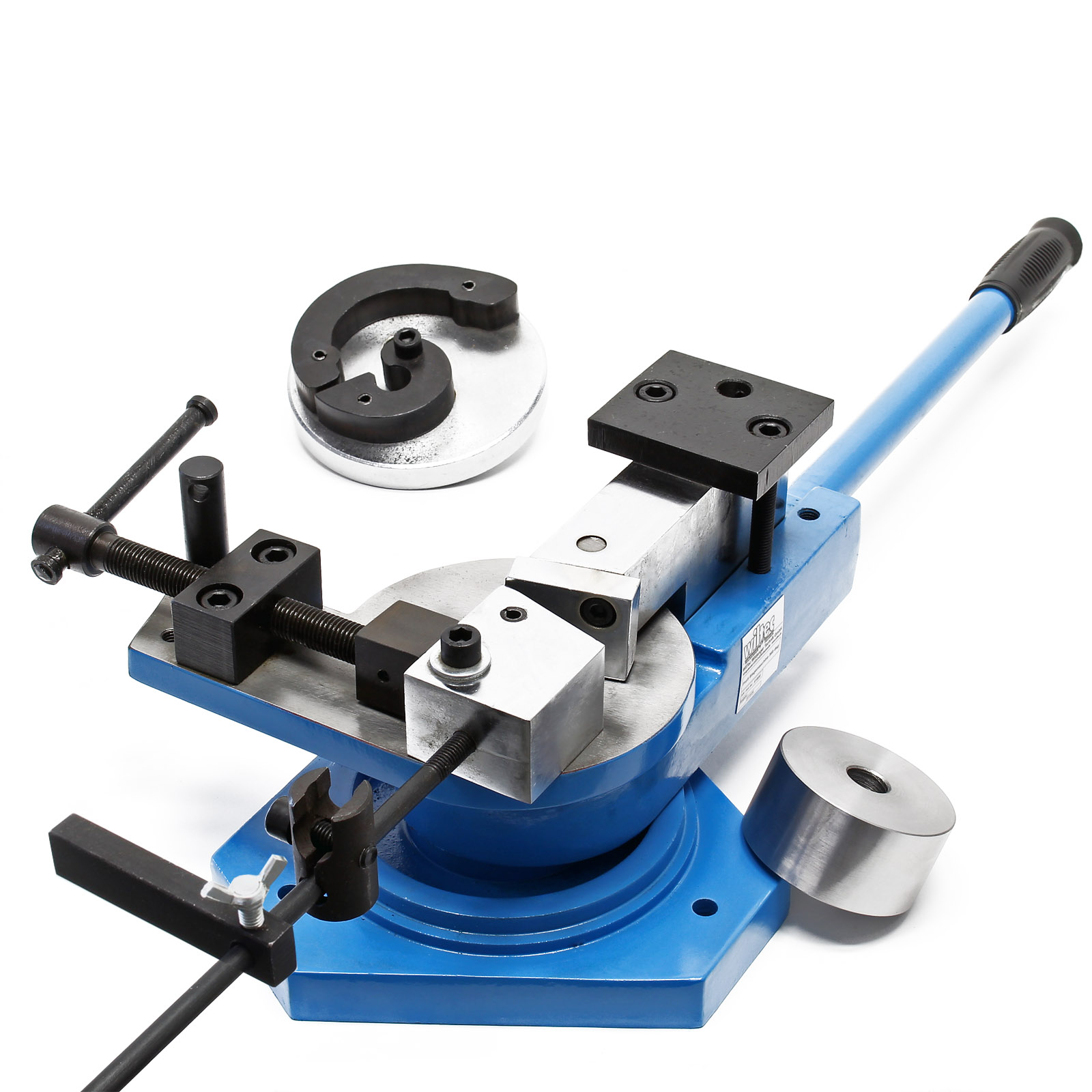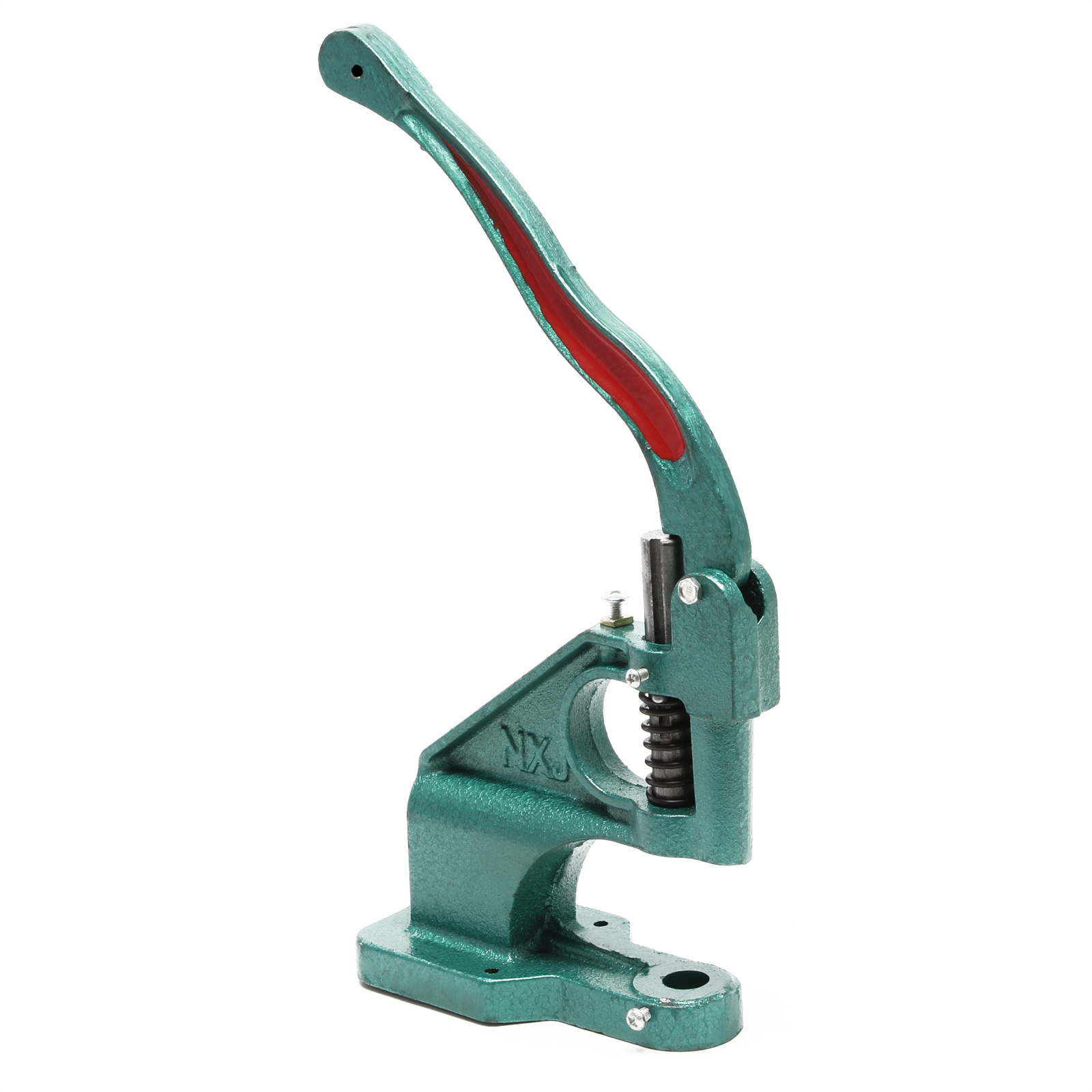Bending Machines
Available, delivery time: 2 - 3 days
• Suitable for thin walled, soft pipes
• For flexible aluminium, copper & plastic pipes
• Pressing bit 14 – 32 mm
• For max. 90° angles
Available, delivery time: 2 - 3 days
• With six different bending dies
• For bending angles of up to 90°
• For pipes with 6.35–25.4 mm (¼″–1″) diameter
• For tubes 1–3.5 mm material thickness
Available, delivery time: 2 - 3 days
• Maximal metal sheet thickness: 1.2 mm
• Maximal insertion depth of metal sheets: 440 mm
• 6 pairs of shafts with various profile rolls
• Operated via hand crank
Available in 20 days, delivery time 2 - 3 days
• Pressings with 21,3 mm–60,3 mm
• Dimensions total 630 x 540 x 170 mm
• For vertical use
• Weight approx. 30 kg
Available in 40 days, delivery time 2 - 3 days
• pressing force:
• max. 1t (9.8067 kn)
• base plate: Ø 100 mm
• for various pressing tasks
Available, delivery time: 2 - 3 days
• For construction steel, flat steel, round steel and square steel
• Base plate with pre-drilled holes
• Various bending molds included
• Ideal for hobby or professional occasions
Available, delivery time: 2 - 3 days
• Shaping, planing, and hardening
• For metal working
• E.g. for treating bodywork
• Made from steel
Available, delivery time: 2 - 3 days
• High quality
• multi-purpose
• snap-together design
• practical carry case and attachments
Available in 47 days, delivery time 2 - 3 days
• Mountable to tables
• Precise results
• Adjustable bending radius
• Easy to operate
Available in 40 days, delivery time 2 - 3 days
• High quality
• Easy handling
• Precise results
• Universal application
Available, delivery time: 2 - 3 days
• Includes 8 dies made of cast iron
• Bending Angle up to 90°
• Bends all common tubes
• Weight: 63 kg
Available in 40 days, delivery time 2 - 3 days
• Can shrink and stretch metal sheets
• Folded steel sheets up to 1.2 mm
• Hand lever to transmit pressure
• Including tool equipment to stretch and shrink
Available, delivery time: 2 - 3 days
• Suitable for cold and hot bending
• 120 degree scale
• Weight including handle: 26.5 kg
Available in 57 days, delivery time 2 - 3 days
• High quality
• Simple handling
• Precise results
• Max. bending angle: 135°
Available, delivery time: 2 - 3 days
• Maximal metal sheet thickness: 1.2 mm
• Maximal insertion depth of metal sheets: 440 mm
• 6 pairs of shafts with various tread types
• Can be mounted to the floor
Available, delivery time: 2 - 3 days
• High quality
• Easy to handle
• High precision
• Versatile
Available, delivery time: 2 - 3 days
• pressing force:
• max. 2t (19.6133 kn)
• base plate: Ø 170 mm
• for various pressing tasks
Available, delivery time: 2 - 3 days
• 8 puller varities possible with reconstruction
• reconstruction as 2- and 3-jaws-puller
• high quality production
Available, delivery time: 2 - 3 days
• For flat steel, round steel, construction steel, and square steel
• Ideal for radius bending up to 2000 mm
• Base plate with pre-drilled holes
• Various bending molds included
Available, delivery time: 2 - 3 days
• High quality
• Simple handling
• Precise results
• Max. bending angle: 135°
Available in 57 days, delivery time 2 - 3 days
• To form cylinders, pipes and curvatures
• Can straighten out metal sheets
• Max. sheet thickness of 2.5 mm
• Max. 320 mm width
Available, delivery time: 2 - 3 days
• Original spare part
Available, delivery time: 2 - 3 days
• High quality
• Easy to handle
• High precision
• Versatile
Available, delivery time: 2 - 3 days
• For 30 mm Eyelet Tips
• Adjustable Pressing Pressure
• Material Cast Iron
• Weight approx. 3.39 kg


